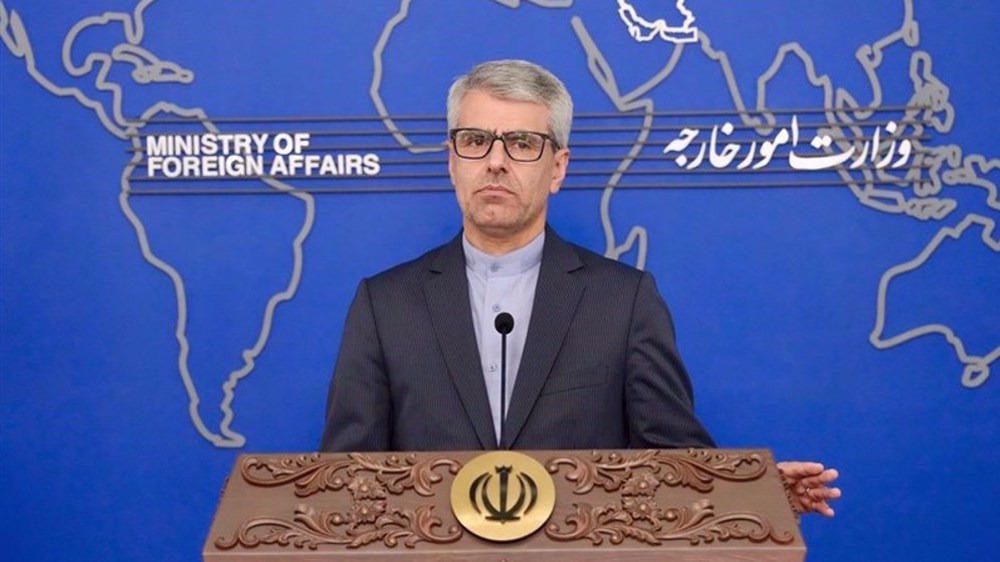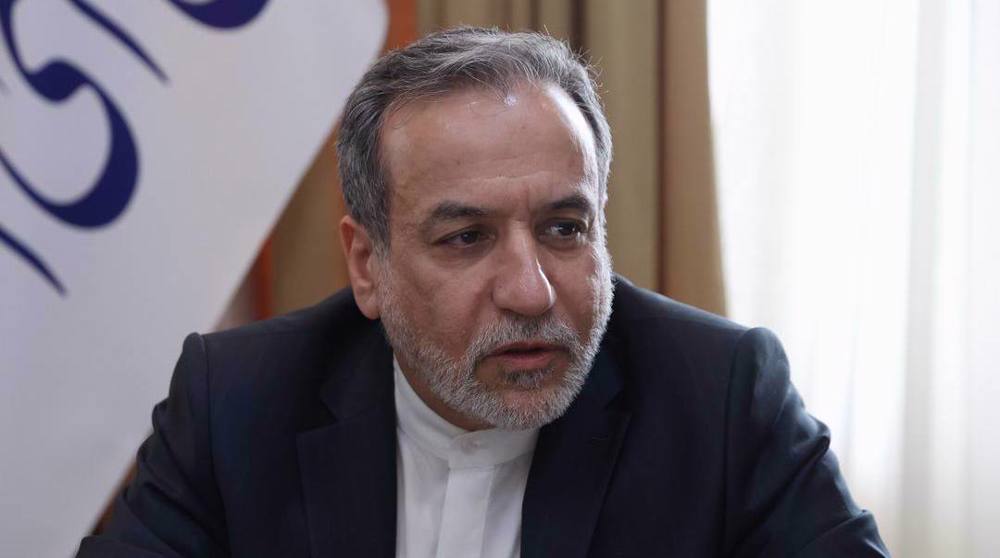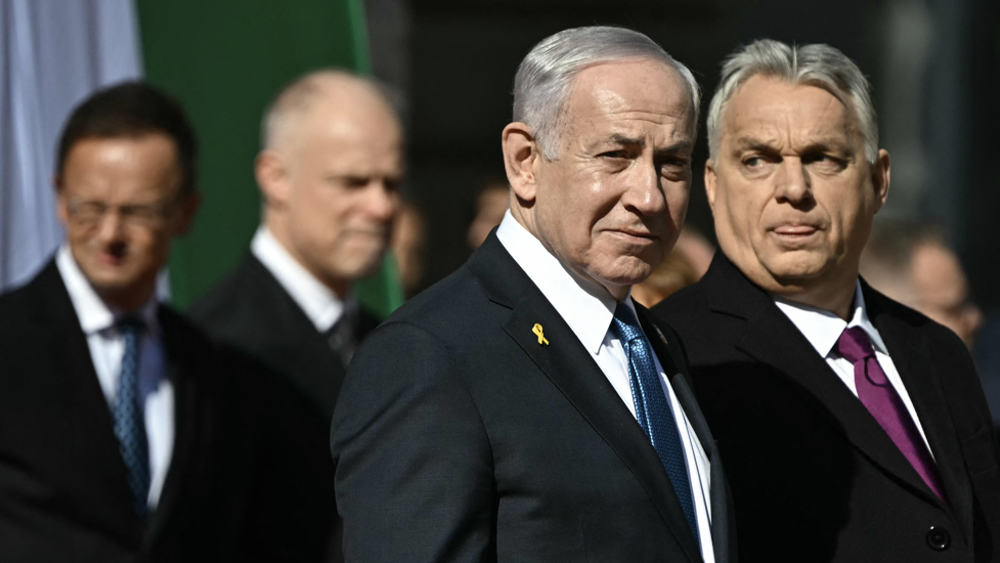Iran’s Zarif calls for global action to end Rohingya sufferings
Iranian Foreign Minister Mohammad Javad Zarif has criticized the global community for remaining silent on the persisting violence against the persecuted Rohingya Muslims, calling for "crucial" action to end the acts of aggression against the minority group.
“Global silence on continuing violence against #Rohingya Muslims. Int’l action crucial to prevent further ethnic cleansing—UN must rally,” Zarif wrote in a tweet on Wednesday.
Global silence on continuing violence against #Rohingya Muslims. Int’l action crucial to prevent further ethnic cleansing—UN must rally.
— Javad Zarif (@JZarif) August 30, 2017
Iran has called on the government in Myanmar to halt the continued violations of the rights of Rohingya Muslims and end the present violent situation in the country.
Read more:
Myanmar has been under fire by the international community and rights groups for its atrocities against the Rohingya.
Myanmar denies full citizenship to Rohingya Muslims, branding them illegal immigrants from Bangladesh.
The Rohingya have been subjected to summary executions, rapes, and arson attacks by security forces since October 2016, when the government used a deadly militant attack on border guards as a pretext to enforce a military siege in Rakhine state, the poorest region in Myanmar which is home to some 1.1 Rohingya Muslims.

More than 18,000 Rohingya Muslims, mostly women and children, have been forced to flee their homes in Rakhine in less than one week due to violent clashes, according to the International Organization for Migration (IOM).
“As of last night, 18,500 people have come across” from Myanmar’s Rakhine state, where they mainly reside,” said Chris Lom, the IOM’s Asia-Pacific spokesman, on Wednesday.
Lom suggested that the number could be significantly higher as many of the displaced people might not have registered with Bangladeshi authorities.
While thousands of Rohingya refugees have made it across the border with Bangladesh, many are thought to be trapped in an unoccupied zone between the country and Myanmar.
The exodus began on August 25 following intensified army operations after an attack allegedly committed by Rohingya militants.

Europe standing on wrong side of history by appeasing Israel: Iran

Araghchi says no round of talks held between Iran and US

Iran embassy condemns Netanyahu’s visit to Hungary, calls Israel ‘threat to world peace’
US launches more airstrikes on various areas across Yemen
VIDEO | Press TV's news headlines
VIDEO | Parisians hold rally in support of Palestinians
Nigerian security agents plan fresh attacks on followers of Sheikh Zakzaky in Abuja: Report
Bill to seize mosques in India gains presidential assent
Over 600,000 children in Gaza at risk of ‘permanent paralysis’: Ministry
VIDEO | US, Europe anti-Trump protests
Yemen accuses US of targeting civilians in Eid airstrike











 This makes it easy to access the Press TV website
This makes it easy to access the Press TV website